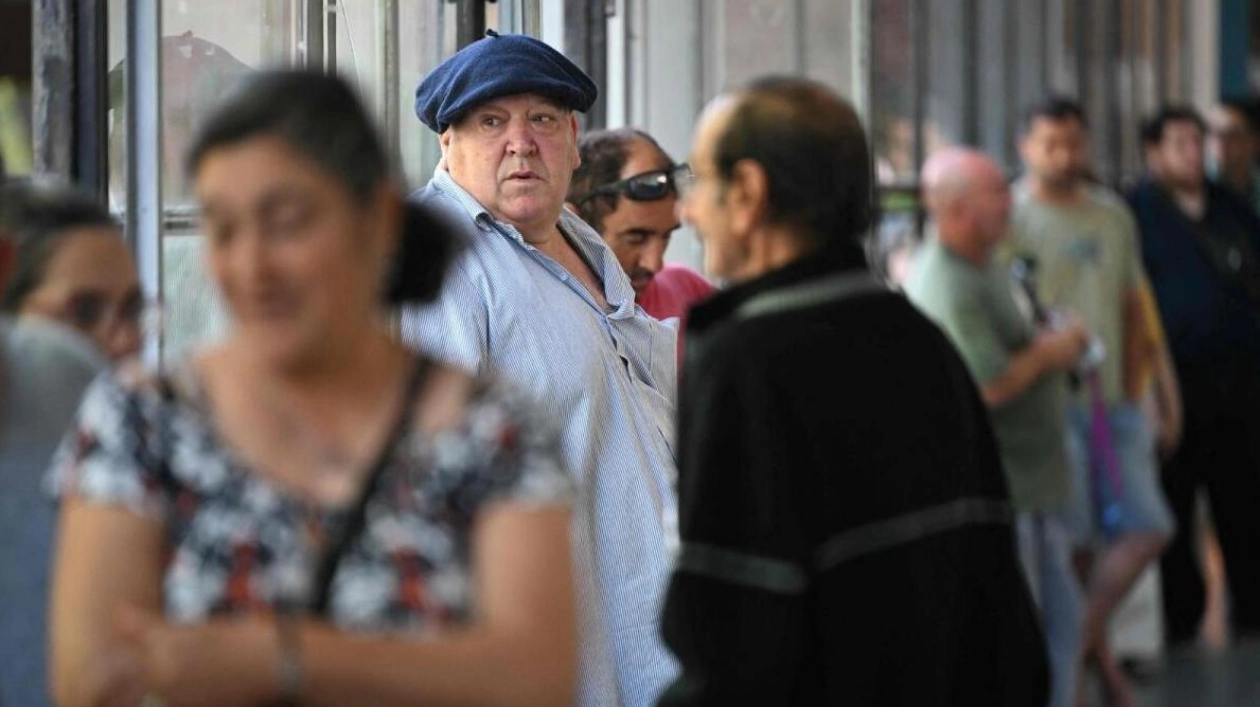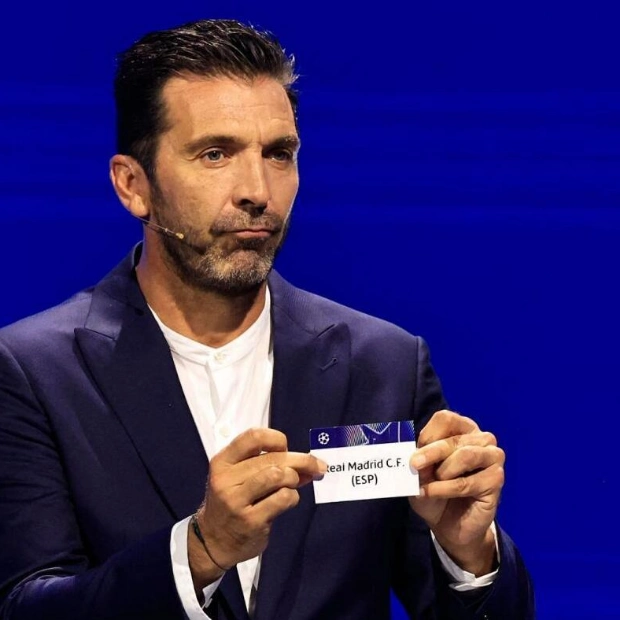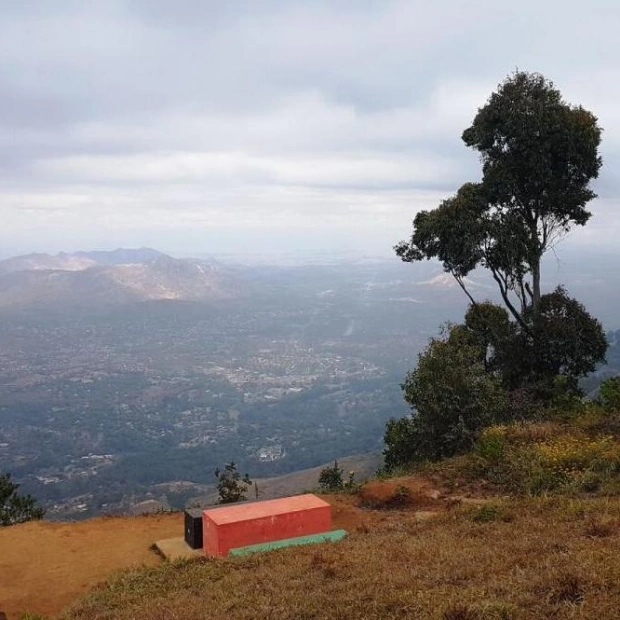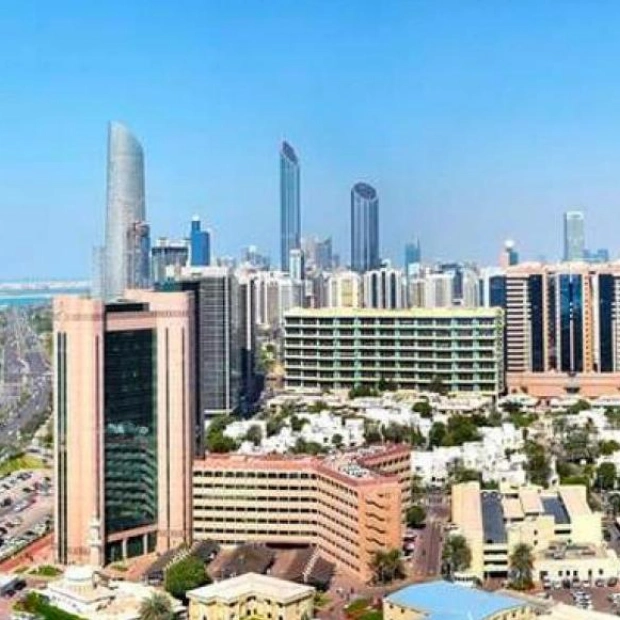People lined up to cast their votes during the presidential runoff election in Canelones, Uruguay, on Sunday, as reported by AFP.
Uruguayans went to the polls on Sunday, with the leftist alliance led by former president José 'Pepe' Mujica aiming to regain the presidency five years after a right-wing win fueled by concerns over crime and taxes. Former history teacher Yamandú Orsi of the leftist Frente Amplio (Broad Front) is competing against ex-veterinarian Álvaro Delgado of the National Party, a member of outgoing President Luis Lacalle Pou's center-right Republican Coalition.
Orsi, 57, is considered the protégé of 89-year-old Mujica, a former guerrilla who was famously dubbed 'the world's poorest president' during his 2010-2015 tenure due to his simple lifestyle. Orsi secured 43.9 percent of the votes in the October 27 first-round election, falling short of the 50-percent threshold needed to avoid a runoff but ahead of Delgado's 26.7 percent. The two emerged as the top contenders from a field of 11 candidates vying to succeed Lacalle Pou, who enjoys high approval ratings but is constitutionally barred from seeking a second consecutive term.
Polls indicate a close race on Sunday, with Orsi holding a slight lead in voter intention surveys in South America's second-smallest country. Other parties within the Republican Coalition have endorsed Delgado since the first round, bolstering his support.
'The conditions are right for us to take charge... to implement the changes the country needs,' Orsi declared at a final campaign rally on Wednesday. Delgado, meanwhile, assured supporters that Uruguay is in a better position today thanks to the Republican Coalition's leadership, adding, 'I am ready' to lead.
A win for Orsi would shift Uruguay back to leftist governance after five years under center-right rule. The Frente Amplio coalition ended decades of conservative dominance with a 2005 election victory and held the presidency for three consecutive terms before being ousted in 2020 due to concerns about rising crime, attributed to high taxes and increased cocaine trafficking through Montevideo's port.
Perceived insecurity remains a top concern for Uruguayans five years later, according to polling data. 'For workers, these past five years have been tough. I'm out on the streets all day, and what worries me most is insecurity,' said 34-year-old gas cylinder vendor Gustavo Maya, an Orsi supporter.
For Delgado supporter and stonemason William Leal, 38, the center-right is the best choice for workers. 'I want this government to continue because there was much more work in the construction sector than in previous governments,' he noted.
The first round of voting was accompanied by a referendum on whether police should conduct nighttime raids on homes to combat drug trafficking, which was rejected by voters. Voting is mandatory in Uruguay, one of Latin America's most stable democracies with a relatively high per-capita income and low poverty levels.
During the leftist rule's peak, Uruguay legalized abortion and same-sex marriage, banned smoking in public places, and became the first country in the world to legalize recreational cannabis use in 2013.
Source link: https://www.khaleejtimes.com






